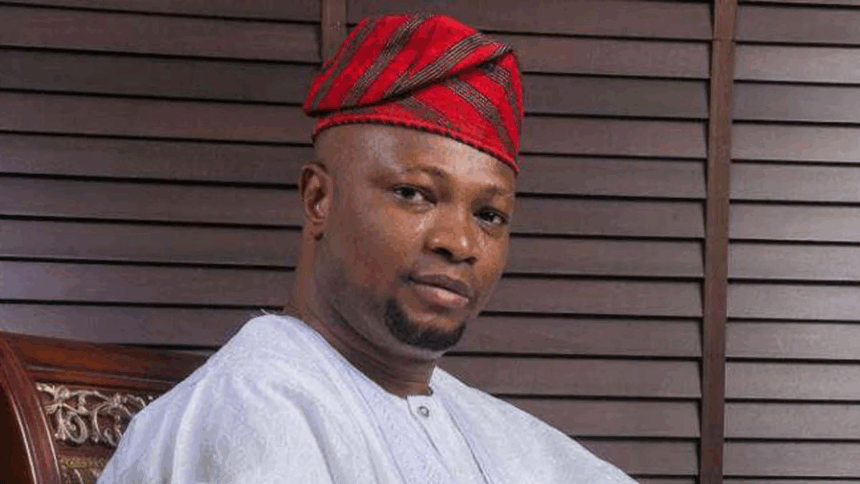-
Ex-PDP candidate Jandor confident APC will hand him victory
-
He declares loyalty to President Tinubu and ruling party
-
He vows to align with whoever APC presents
Lagos APC chieftain, Olajide Adediran (Jandor), has declared that the 2027 governorship race will be a “walkover” for him if President Bola Ahmed Tinubu throws his weight behind his ambition.
Jandor, a former governorship candidate under the Peoples Democratic Party (PDP), made the statement on Thursday during an interview on Channels Television’s Politics Today.
ATTENTION: Click “HERE” to join our WhatsApp group and receive News updates directly on your WhatsApp!
Tinubu Factor
“You cannot imagine what is going to happen this time if I have the solid backing of Mr President and the party in Lagos State. It will be a walkover,” Jandor said, stressing that his loyalty to Tinubu and the APC was total.
He insisted that his remarks were not meant to slight other contenders but pointed out that whoever emerges as the APC candidate will enjoy his full support.
READ ALSO: 2023: APC, PDP Trade Words as Thugs Attack Jandor’s Convoy
Party Discipline
Jandor recalled his political manoeuvres in 2021 and 2022, saying he had always avoided anti-party activities.
“I know that we’re not wired to doing anti-party. The moment the party presents anybody, all of us will fall in line,” he declared.
Background
Jandor, who defected from the PDP after losing the 2023 governorship election in Lagos, has since aligned himself with the ruling APC. His latest comments signal a clear intention to leverage Tinubu’s political machinery ahead of the 2027 race.

